Titanium Grades and Relative Properties
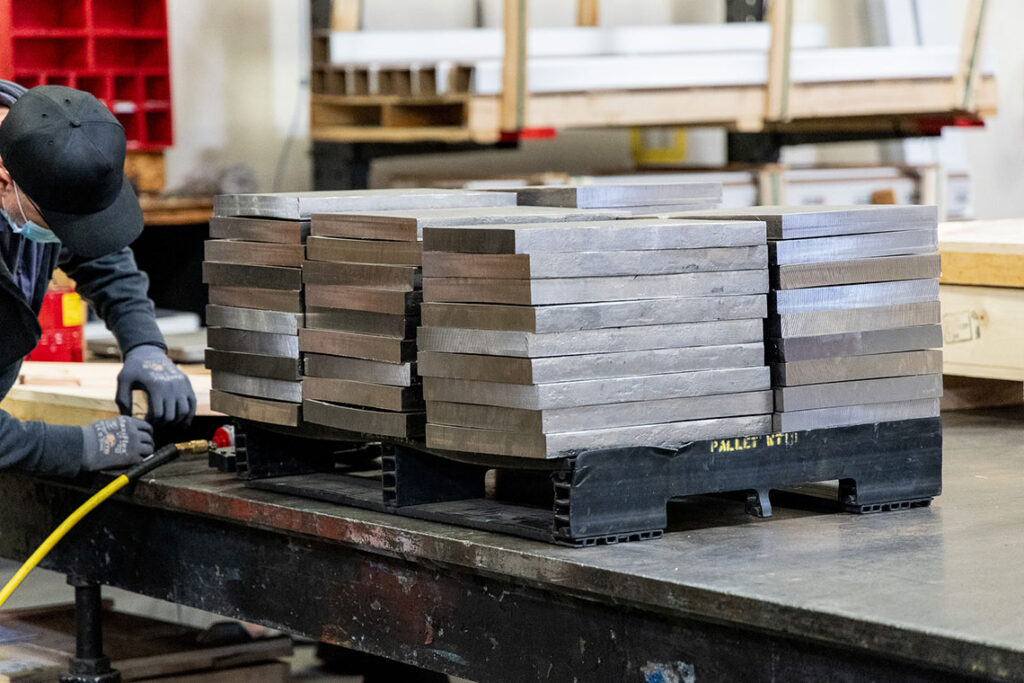
Titanium Grades and Relative Properties Rolled Alloys provides the following information to offer a basic understanding of the various titanium grades and their relative properties. Titanium comes in two main categories: commercially pure grades and titanium alloy grades. Titanium alloy categories include alpha-titanium, beta-titanium, and alpha-beta titanium, which correspond to different structural phases of the […]
Stress Corrosion Cracking
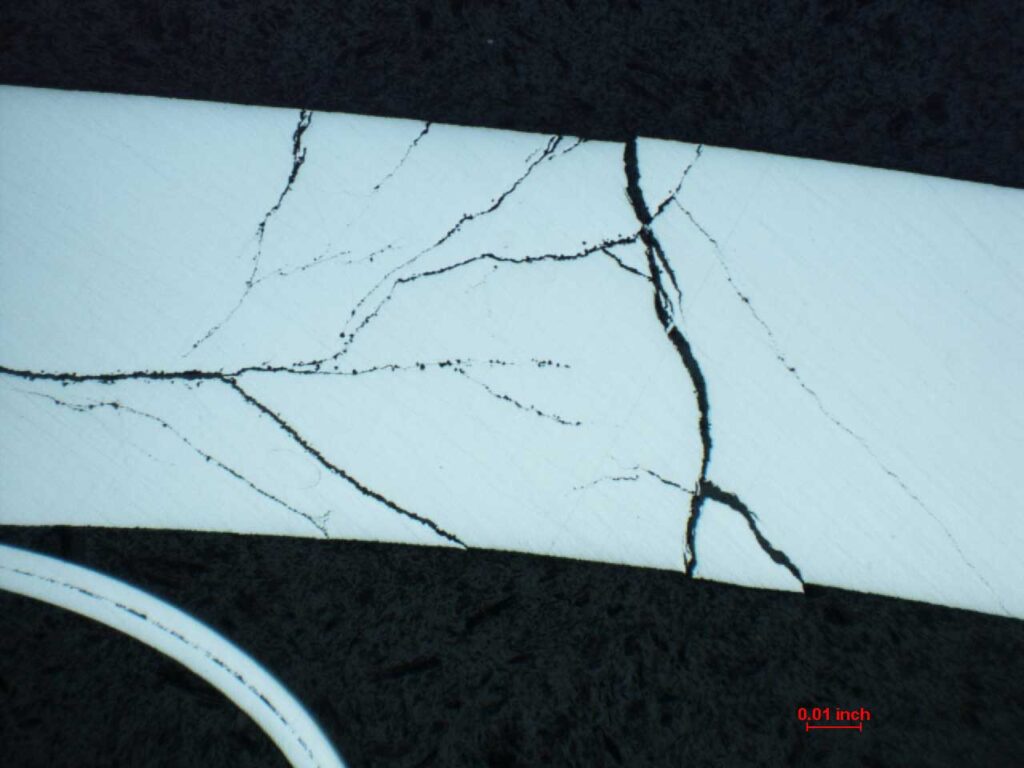
Stress Corrosion Cracking (SCC) is a cracking phenomenon that is crucial to consider when working with specialty alloys. SCC is often associated with chlorides but can also occur with exposure to caustic and other corrosive media. The most common type of stress corrosion cracking in stainless steels occurs in chloride environments, which will be the focus of this discussion.
Inclusions in Specialty Alloys

When molten metal (steel, stainless steel, or nickel alloys) solidifies, the center of an ingot or slab is the last to freeze. While non-metallic impurities (oxides, nitrides, sulfides, silicides) settle throughout the ingot or slab, the greatest concentration of these inclusions settle along the solidification front…
What is Sensitization and How to Avoid It?
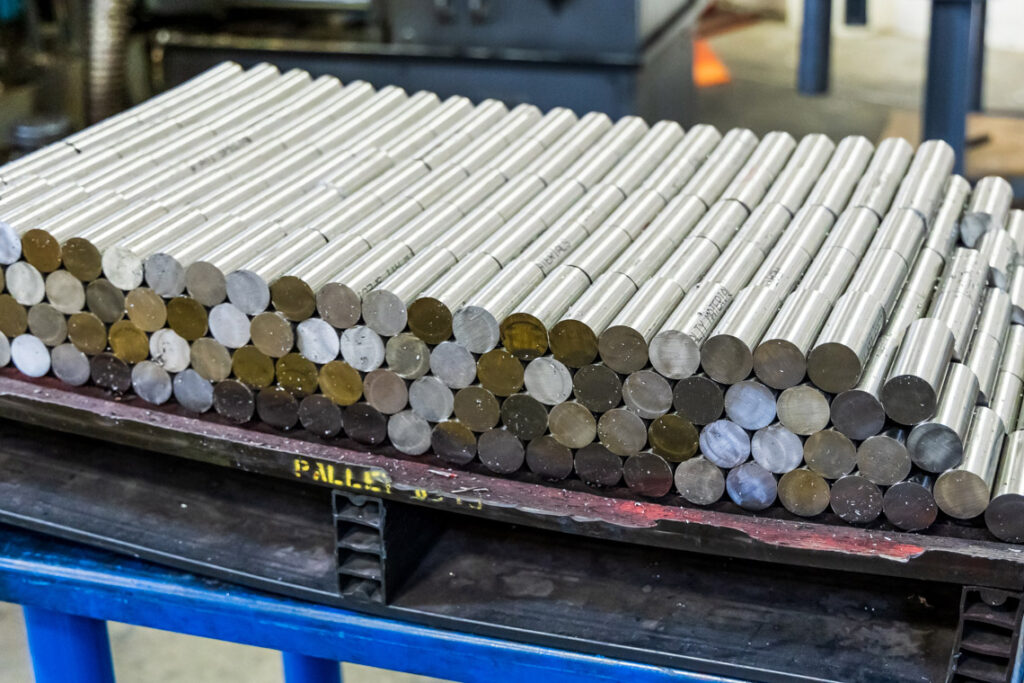
What is Sensitization and How to Avoid It? Sensitization is a phenomenon that can occur in stainless steel and even some nickel alloys. It is a critical concept that needs to be understood as it can adversely affect the performance of stainless steel and nickel alloys. Sensitization is the precipitation of carbides at grain boundaries […]
Hydrogen Sulfide – NACE MR0175/ISO 15156 & NACE MR0103
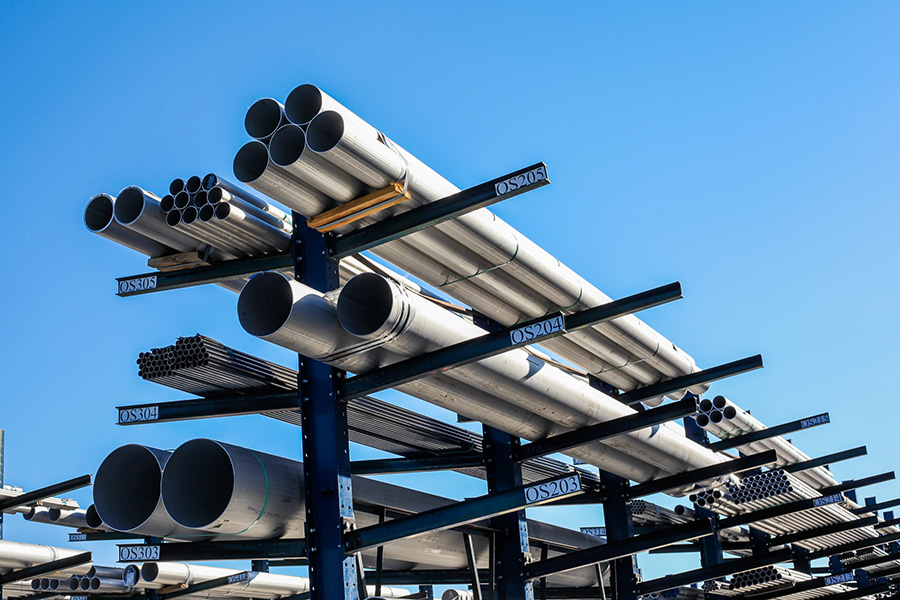
Hydrogen Sulfide -MR0175/ISO 15156 & MR0103 NACE International has developed two significant standards relative to the use of materials in hydrogen sulfide-bearing environments. MR0175/ISO 15156, Petroleum and Natural Gas Industries – Materials for use in H2S-containing Environments in Oil and Gas Production; and MR0103, Materials Resistant to Sulfide Stress Cracking in Corrosive Petroleum Refining Environments. […]
Confused About Annealing and Heat Treating Terminology?
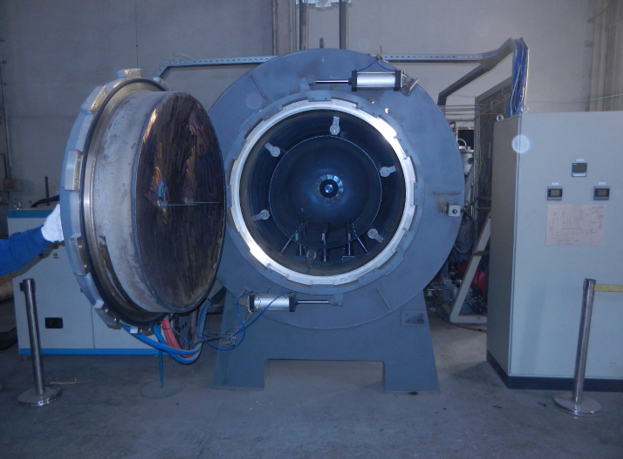
Confused About Annealing and Heat Treating Terminology? In the broadest sense, annealing is the process of heating an alloy to an elevated temperature to promote homogenous chemistry, equiaxed microstructure, and uniform mechanical properties to produce what is essentially stress-free, or “soft” material. In the stainless steel, nickel, and titanium alloy industries, the terms anneal, solution […]
How Stainless Steel Rusts
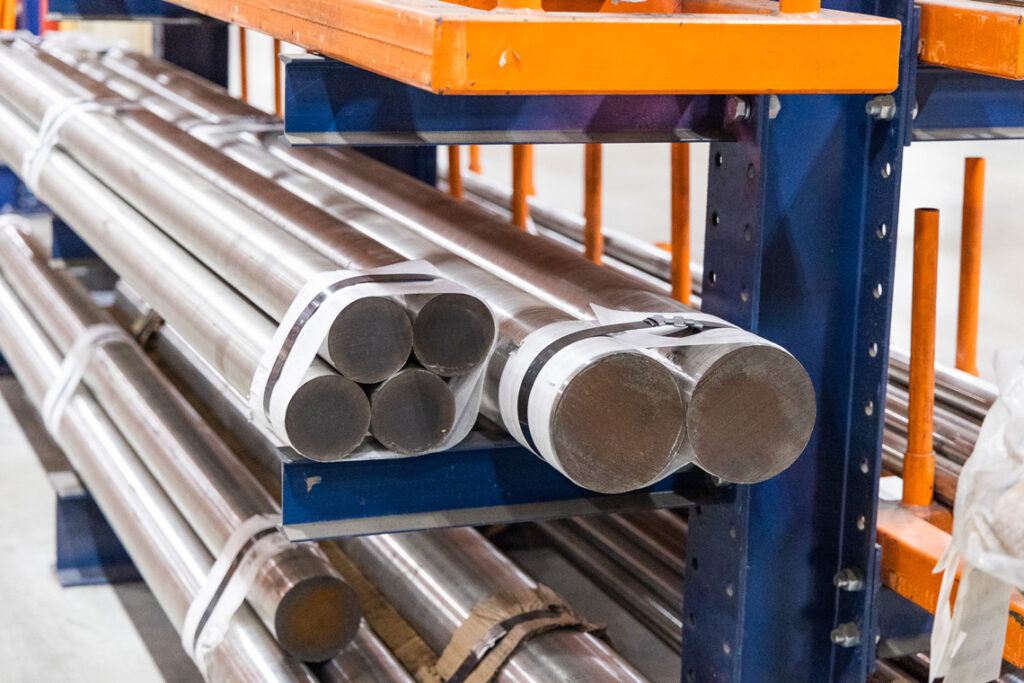
How Stainless Steel Rusts All grades of stainless steel contain a minimum of 10.5% chromium within their chemical composition which allows for them to form a continuous protective oxide layer along their surface. This oxide layer is what makes stainless steel resistant to rusting and other forms of corrosion. Although stainless steel has this protective […]
Alloys and Acid Performance
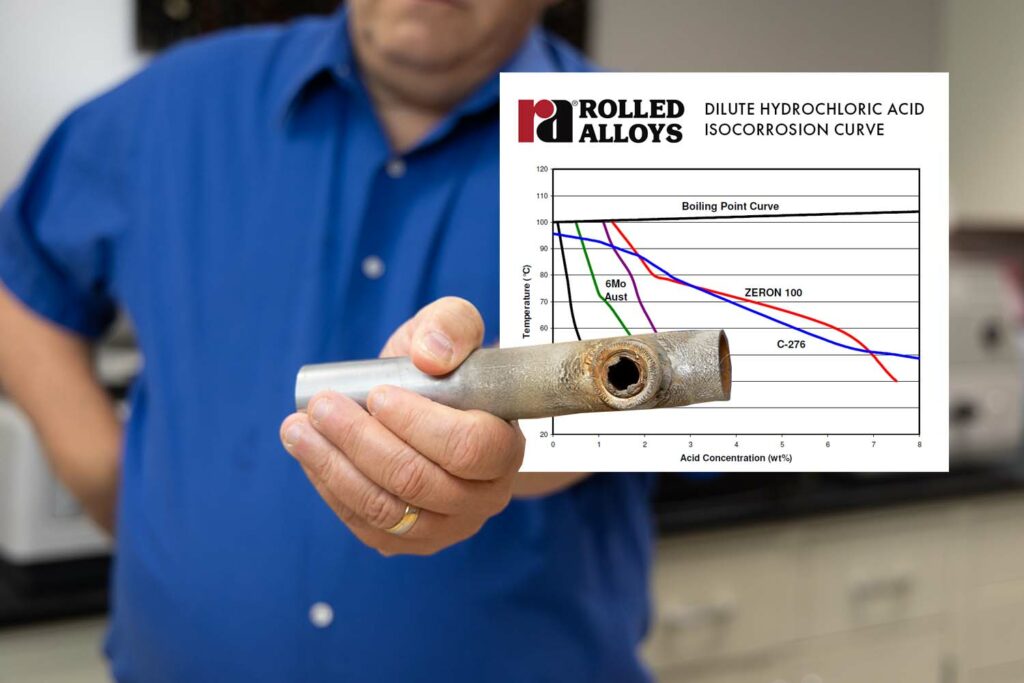
Alloys and Acid Performance Isocorrosion Curves for Dilute Hydrochloric Acid and Sulfuric Acid https://youtu.be/5X-Un5Hwnz4 Marc Glasser is the Director of Metallurgical Services at Rolled Alloys. He’s been with RA for nearly 9 years and has worked as a metallurgist in Material Science for 40 years. He has a Bachelor’s Degree in Metallurgical Engineering from Rensselaer […]
Plasma or Laser Processing: To Cut or Not to Cut

Plasma or Laser Processing To Cut or Not to Cut Plasma and laser cutting are fast, productive industrial processes for cutting metal parts. These state-of-the-art machines use high-powered directional beams, capable of scaling up from a computer-generated template while tracing a pattern being simultaneously cut. When the process begins, the area that is being cut […]
Stop Corrosion Before It Starts

Stop Corrosion Before It Starts Corrosion can occur when an alloy is exposed to moisture and other elements or chemicals which cause the material to deteriorate. Rolled Alloys has put together a list of tips to help you avoid corrosion. Choose Stainless Steel: Although all metals can corrode, stainless steels are more resistant to corrosion […]
